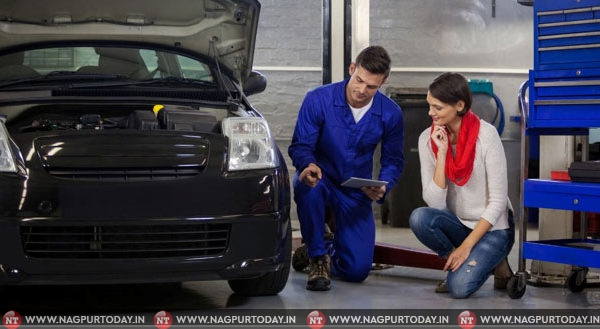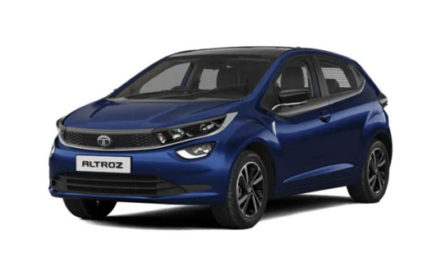
Selling a used car often requires navigating numerous misconceptions about factors impacting the vehicle’s value. Without accurate information, you may end up underpricing your car or having unrealistic expectations for its worth. This article explores some of the most common myths about used car valuation so you can make informed, logical decisions when selling your vehicle. Many arbitrary rules of thumb prove false when dealt with rationally and factually.
Basic Understanding
The vehicle’s condition determines used car values, demand for that particular model, and prevailing market prices. Arbitrary rules of thumb do not dictate values. Let’s explore some common valuation myths that prove false when dealt with logically.
Myth 1: Bigger Vehicles Have Higher Value
Many sellers assume larger vehicles, such as SUVs, inherently have higher resale values than smaller, more compact cars. However, a vehicle’s size or weight class does not necessarily equate to a higher value. Resale value is determined by more critical factors like reliability, utility, and actual market demand. Well-engineered smaller cars with good reputations often retain resale value better because they typically cost less to operate and maintain and appeal to a broader range of buyers.
Myth 2: Upgraded Wheels and Tyres Increase Value
You might logically think that investing in expensive aftermarket tyres and rims will boost a vehicle’s resale value. However, most used car buyers are looking for stock or original manufacturer wheels and tyres. Aftermarket upgrades and replacements rarely recover their original cost when it comes time to sell the vehicle. The only exception is for vintage enthusiasts or collector cars when the upgraded wheels authentically match the car’s classic era.
Myth 3: Manual Transmissions Are More Desirable
Many sellers firmly believe that having a manual transmission makes a vehicle inherently more valuable in the used car marketplace. This was generally true in the past, but modern automatic transmission technology has vastly improved over the decades. Contemporary automatics can shift faster and more efficiently than even the most skilled human driver operating a manual gearbox. Most of today’s car buyers now prefer automatics for daily driving convenience. Manual transmissions only hold premium value for vintage sports cars, appealing to true driving purists.
Additional Myths
Selling a used car often means confronting misconceptions about value factors. Accurate information prevents underpricing of your vehicle or unrealistic expectations. Here, we explore some common myths.
- High usage does not necessarily mean low value if records show proper care. Assess overall condition, not just usage. Well-maintained high-use cars can be worth more than neglected low-use ones.
- Original manufacturer parts aren’t always more valuable than quality replacements designed to outperform. Some factory components have poor reputations and get replaced prematurely.
- Dealer inspections provide no unique information, while independent mechanics charge much less. Both can perform the same pre-purchase inspection.
- Aftermarket accessories and mods usually detract value for buyers wanting factory stock condition. Remove personalised items that do not match most buyers’ needs.
- Replacing worn items doesn’t necessarily raise value unless they’re worn out. New components on a car with life left raise concerns.
Understanding these myths can save you time, effort, and money when selling your vehicle. Whether you plan to sell cars in Bangalore or anywhere else, focusing on their actual condition and market demand will help you achieve a fair and efficient sale.
Key Factors Influencing Used Car Valuation
Many vital points help in adequately valuing used cars. The most crucial factor is the condition of the automobile. Buyers are particularly interested in cars with a clean exterior, maintained interior, and sound mechanical making. Timely service and repairs with maintenance records add to the value.
Another essential point is market demand. Cars that become popular and are known to be dependable and fuel-efficient keep their values longer than niche or obsolete cars. Fuel-efficient or hybrid cars are an example of this, where resale prices grow briskly because of the increasing demand in cities like Bangalore.
The age and mileage of the car also affect the valuation. Mostly, new or relatively new vehicles with less mileage have greater appeal. However, a very good or in-demand price may still be pursued by high-mileage, extremely well-maintained cars.
Moreover, the car’s location and market trends also affect pricing. In congested cities like Bangalore, compact, fuel-efficient cars are more likely to have increased resale value than larger, fuel-hungry vehicles.
Conclusion
The used car market involves many myths about factors that impact valuation. Separate fact from fiction when pricing your vehicle. This helps set realistic expectations to sell efficiently at fair market value. An accurate evaluation relies on condition, demand, and buyer expectations—not arbitrary rules of thumb. Avoid overpricing your car by ignoring myths.














